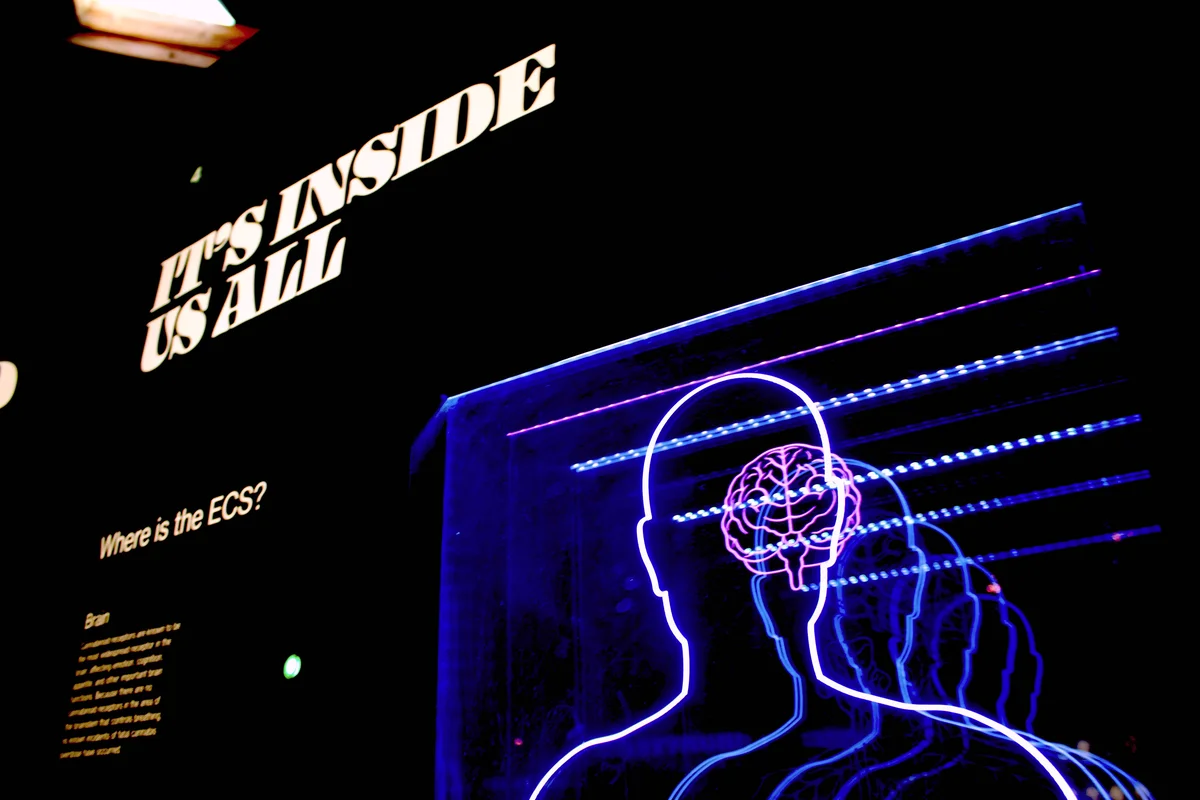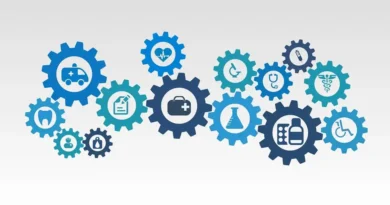Will We Ever Fully Know Everything About The Brain
Do you want to know everything about the brain? Of course, you don’t. But that doesn’t mean we can’t learn more about it. In this post, I will discuss 10 things you may not know about the brain.
1: The Brain Is Made Up of Neurons
The brain is made up of neurons, which are the basic cells of the nervous system. Scientists have known about neurons for centuries, but they only started to learn how to study them in detail in the late 1800s. Today, we know a lot about how neurons work and what they do. We also know a lot about how the brain functions and how it affects our behavior. However, there are still many mysteries surrounding the brain that we will never be able to fully understand. BrainAccess.ai is struggling to achieve human tasks with ai.
2: Each Neuron is Connected to Thousands of Other Neurons
Each neuron in the brain is connected to thousands of other neurons. This interconnectedness is what allows the brain to process information quickly and make decisions. The sheer number of connections between neurons makes it almost impossible for us to know everything about the brain, which is why scientists continue to explore its mysteries.
3: Every Second, We Use 20% of Our Brain Power
The human brain is one of the most complex and puzzling organs in the body. It is estimated that the average person uses about 20% of their brainpower at any given moment. This means that there is still much to learn about how the brain works and how it can be damaged.
Much of what we know about the workings of the human brain comes from studying patients who have been diagnosed with conditions such as Alzheimer’s or dementia. By understanding what damage has occurred to these individuals’ brains, we can start to make some predictions about how different aspects of cognitive function might be affected in future generations.
Despite our current lack of understanding, there is no doubt that we are learning more and more about thebrain each day. This knowledge is likely to help us better understand both normal and abnormal cognitive function, as well as develop new ways to treat conditions like Alzheimer’s or dementia.
4: The Hippocampus is Important for Learning and Memory
The hippocampus is a part of the brain that is involved in learning and memory. It helps to form new memories and store old ones. The hippocampus is also important for regulating emotions and moods, find more info here.
Conclusion
Despite our current lack of understanding, there is no doubt that we are learning more and more about thebrain each day. This knowledge is likely to help us better understand both normal and abnormal cognitive function, as well as develop new ways to treat conditions like Alzheimer’s or dementia.




